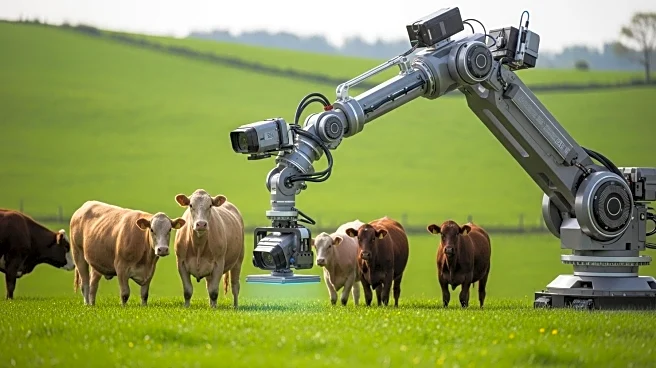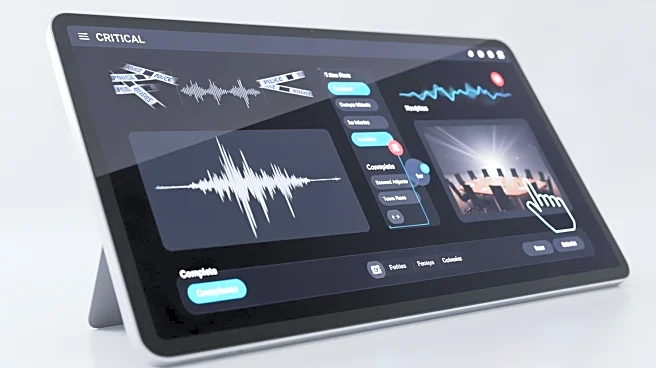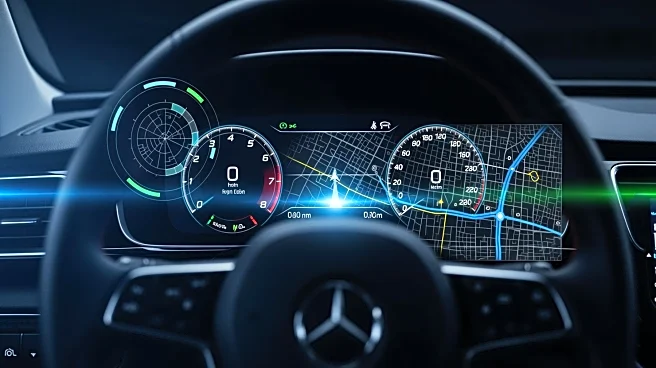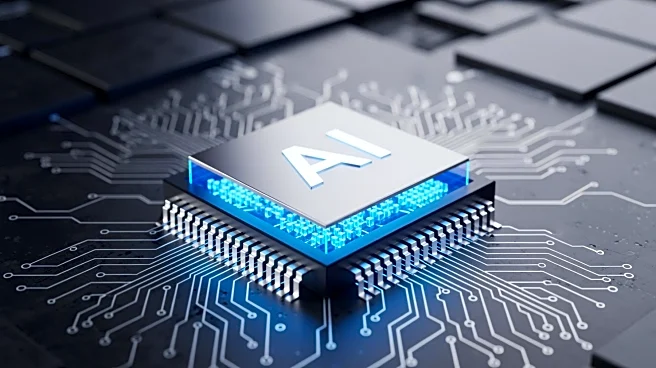What's Happening?
Artificial intelligence is increasingly being integrated into U.S. agriculture, with technologies such as in-barn cameras being used to monitor animal health. Illinois farmer Heather Hampton Knodle highlights the use of AI to track individual animals, providing early-warning detections of illness or the need for treatment. This technology allows farmers to identify health issues before they become visible to the human eye, potentially improving animal welfare and reducing the need for antibiotics. The adoption of AI in agriculture represents a significant shift towards more efficient and proactive farming practices.
Why It's Important?
The integration of AI in agriculture has the potential to revolutionize farming practices by enhancing animal health monitoring and reducing reliance on antibiotics. This can lead to improved animal welfare, increased productivity, and potentially lower costs for farmers. The technology also aligns with broader efforts to make agriculture more sustainable and efficient. As AI becomes more prevalent, it could transform the industry, offering new opportunities for innovation and growth. However, it also raises questions about data privacy and the ethical implications of technology in farming.









